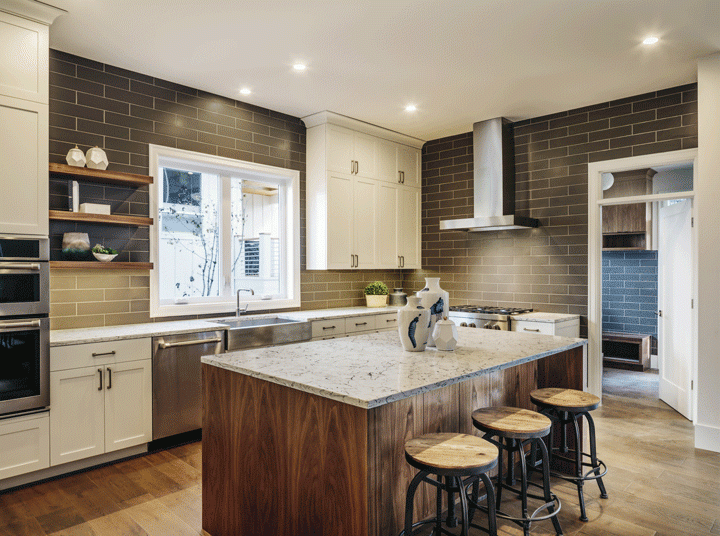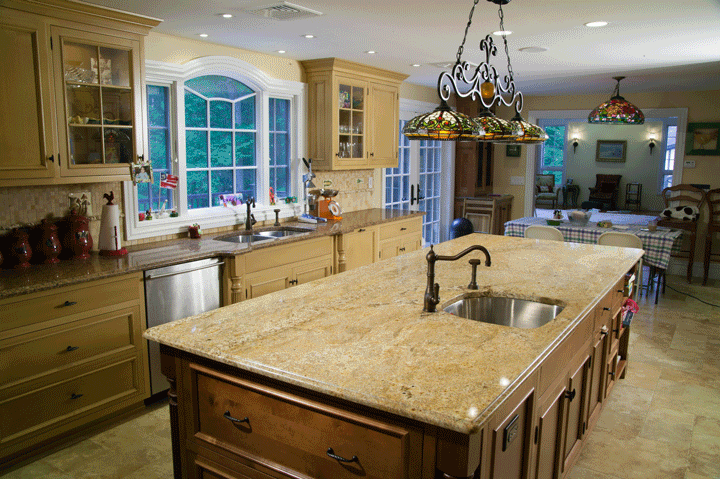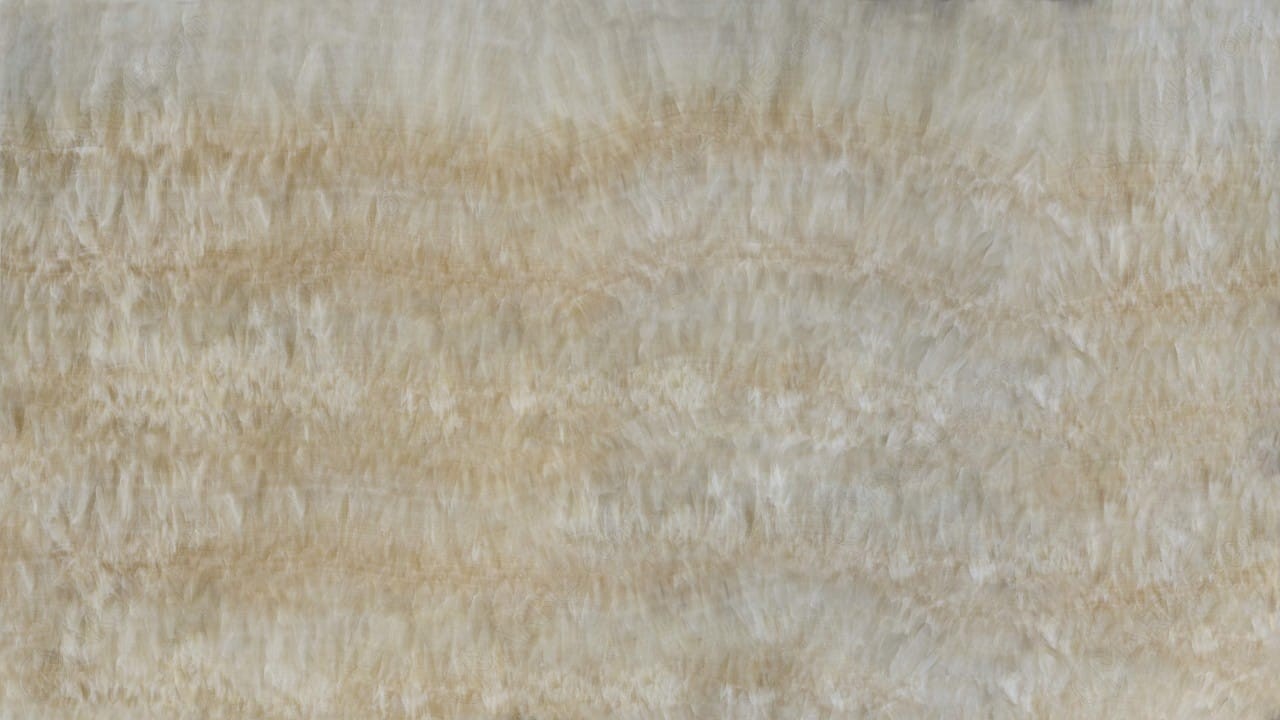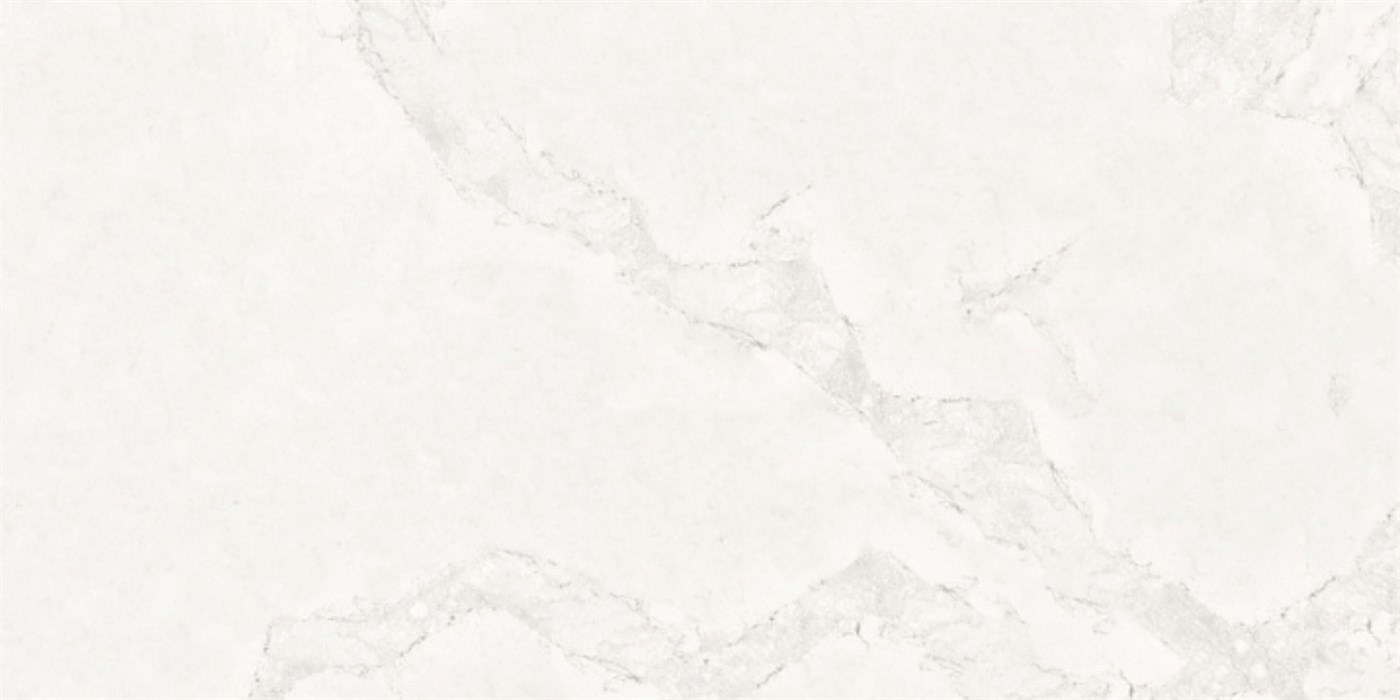
Table of Contents
When it comes to countertop materials, you have many options on the market. These options include various types of stone as well as solid surface materials that can be manufactured to look like stone. This guide will help you learn everything you need to know about both Corian and granite countertops.
What is Corian?
Corian is a brand of solid surface countertops and other home surfaces that is made by DuPont. Corian is a common choice on the market for kitchen countertops. Corian countertops, like any other material, come with advantages and disadvantages, as well as many factors you should consider before you think of buying.
[get_quote]
What is Granite?
Granite is one of the top natural stone options you will have when looking for countertops. It is extremely popular with homeowners and is well known for being both beautiful and durable. When it comes to natural stone, and countertop options in general, granite countertops are an excellent choice.
Corian: From Creation to Your Countertop
Corian is a solid surface countertop, meaning it is manufactured in a plant. The surfaces are created by combining resins, minerals, dyes and fillers. Because the surfaces are man-made rather than found naturally, Corian countertops are essentially able to pull off any look. You will even be able to find many Corian countertop options that resemble the look of natural stones such as granite. While you can hire a professional to install your Corian surface, you will also be able to make it a DIY job if you are handy or want to save some money.
Granite: From the Quarry to Your Countertop
Granite is found in the earth’s surface in locations all across the world. The natural stone is quarried, cut into slabs and shipped off to fabricators. The fabricators shape the stone into your new countertop based on your specific needs. Granite is as diverse a natural stone as you will find; there is a seemingly endless amount of types to choose from. No two types of granite are exactly the same – not even if they come from the same quarry. The uniqueness of natural stone is what makes it appeal to many homeowners. In terms of installation, granite is extremely heavy, and installation should be strictly left to the professionals.
What is the Cost of Corian vs. Granite?
The following table displays the average costs of Corian countertops compared to the average costs of granite countertops.
| Corian | Between $40 to $140 per square foot |
| Granite | Between $35 to $75 per square foot |
Maintenance: Corian vs. Granite
Corian and granite are similar in that they are both among the lowest maintenance countertop options you can find. This section is a breakdown of the specific maintenance requirements associated with each material.
Corian countertops are very easy to maintain. This is one of the main factors that make the surfaces appealing. To clean your Corian surfaces, all you will need is warm soapy water. Never use any sort of abrasive cleaner on a Corian countertop, backsplash or other surface, however. Doing so is one of the few things that can damage the surfaces. Since it is non-porous, you will not have to seal a Corian countertop. Its non-porous quality also helps the material stand up well to household hazards.
As for granite, it is one of the easiest natural stone countertop options to maintain. To clean, you can find easy-to-use products such as this cleaner, which will help you thoroughly cleanse the surface. For sealing, you will generally only have to re-seal your granite surfaces about once per year. Some types of granite require more frequent sealing, however. This should not be a concern, as sealing is a very easy and quick process. Granite will stand up to the various hazards in kitchens and bathrooms.
When it comes to maintenance, both surfaces are relatively easy to care for. However, considering the other benefits granite will offer, easy maintenance makes the stone all the more appealing.
Seams: Corian vs. Granite
Seams are a presence on almost any countertop. The following is more information about the seams you will find on both Corian and granite countertops.
Corian countertops often have seams. Unless you have a relatively small countertop that is a simple shape, there will be a seam somewhere. This should not cause you to panic, however, as many fabricators are able to hide any seams in places where they will not be noticeable.
As with Corian, unless you happen to have a small countertop, your granite countertop will likely have a seam somewhere on it. But as mentioned with Corian, fabricators are often able to hide seams in convenient spots where you will not even notice them. In addition, different colors of granite can help hide seams better than others.
If you are looking for the countertop option that has less noticeable seams, granite will be the better choice.
[get_quote]
Heat Resistance: Corian vs. Granite
Heat resistance is a major consideration with any countertop material. Heat resistance is especially important in the kitchen, where you may need to set down hot pots and pans.
While the information above has highlighted many positives of Corian countertops, the surfaces do have a major downfall: They are not heat resistant. Do not expose the countertops to any form of excessive heat. An example of excessive heat is taking a hot pot or pan directly off the stove and placing it on the surface of the countertop. If you do this or place other hot items on the surface, it will sustain burn marks.
Heat resistance is an area in which granite has a clear advantage over Corian. Granite countertops are heat resistant, meaning that you can take those hot pots and pans mentioned above and set them down on the surface without having to fear damage to your countertop.
When evaluating heat resistance, granite countertops will definitely be the better choice for your home.
Stain Resistance: Corian vs. Granite
Whether it is in the kitchen or the bathroom, stain resistance is key for any countertop. This section compares Corian and granite countertops in terms of stain resistance.
Corian countertops are stain resistant. This is because the non-porous quality of the countertop does not allow liquids to penetrate the surface. However, as is recommended with any countertop, do not leave spills sitting on the surface for prolonged periods of time – especially spills from acidic substances like tomato sauce.
While granite is porous, your countertop should be resistant to stains as long as it is properly sealed. To test if your granite countertop is adequately sealed, pour a small amount of water on a small section of the countertop. After you do this, wait for 10 minutes. If the water has worked its way into the surface, you will need to re-seal as soon as possible. On the flip side, if the water beads on the surface, your seal is still effective. As mentioned above with Corian, it is not recommended that you leave any spills sitting on your countertop for a long period of time.
While you will need to re-seal granite, the process is very simple and quick. Considering all the other positive qualities that granite has, stain resistance may be enough to help you make your decision.
Scratch Resistance: Corian vs. Granite
Homeowners do not want their new countertops getting scratched easily. The following information compares the scratch resistance of both Corian and granite.
Corian countertops are prone to scratches. Because of this, you should make sure to use a cutting board in the kitchen at all times. While the scratches can be sanded out, this is an unnecessary hassle to deal with.
As if you couldn’t find enough positive qualities of granite countertops, there is yet another: The surfaces are scratch resistant. Granite is a very hard natural stone and will actually dull any knife that is used on it. This is why it is recommended that you use a cutting board with granite, despite its scratch resistant abilities.
As highlighted in the information above, a comparison of Corian and granite in terms of scratch resistance is not even close. Granite is the more scratch resistant option.
Chip Resistance: Corian vs. Granite
Chipping is often an issue for countertops – especially on edges and corners. The information below goes more in-depth on the chip resistance of Corian and granite.
Corian can be chipped, but it is very unlikely that you will deal with this. If you do happen to have a chip on your countertop, it can be fixed relatively easily.
Despite being so tough, granite countertops can sustain chips, especially on corners. You will want to be careful when handling any heavy items around the surface. If you do chip your countertop, there are easy-to-use repair kits to fix the problem.
Both Corian and granite countertops can be chipped. However, both are fairly easy to repair if any chips do occur.
Crack Resistance: Corian vs. Granite
Many homeowners are concerned with cracks occurring on their countertop. The following is how Corian and granite compare in terms of crack resistance.
Corian countertops can crack under certain circumstances. One of these circumstances would be the result of improper installation. Another circumstance would be exposing the surface to excessive heat, especially if you do so near a seam.
Granite countertops generally do not crack, although they can in rare instances. One of these instances is excessive pressure, such as a person sitting, kneeling or jumping on the surface. Another scenario in which your granite countertop can crack is the result of thermal shock. This occurs when you place an extremely hot pot or pan on an extremely cold countertop. Although this is possible, this is very rare and therefore unlikely to occur.
Ultimately, granite is one of the toughest materials you will find. So while it is not particularly likely that either surface sustains cracks, Corian is more likely than granite to have issues with cracking. Because of that, granite will be your better bet if you are looking for a surface that is resistant to cracks.
Resale Value: Corian vs. Granite
Installing new countertops is often a good way to increase the value of your home. This can play a big role in helping you sell your house when the time comes. However, not all countertops can increase the value of your home.
Despite having numerous advantages, Corian countertops will not increase the value of your home. While the surface may add appeal to your home, it will have no impact financially.
On the other hand, granite adds immense value both in added appeal and resale value. It is very possible to make a profit off of your granite countertops when you sell the home.
You will see more financial gain from granite than you will from Corian. Granite countertops are one of the best investments you can ever make for your home.
Is There a Middle Ground Between Corian and Granite?
While your opinion plays a major role in how you value a countertop, there are a few options that act as a sort of middle ground between Corian and granite countertops. One of these options is quartz. Quartz countertops are often seen as being of better quality than Corian, yet not quite as appealing as a natural stone such as granite. Quartz is an engineered stone that has continually risen in popularity because of the many benefits it brings to the home.
[get_quote]
Why Choose Corian?
There are many reasons that homeowners choose Corian countertops. Between the looks, easy maintenance and stain resistance, Corian countertops are a good fit in many homes. While not holding the appeal of natural stone like granite does, Corian generally has a good reputation on the market. The surfaces are seen as superior in quality to materials like laminate.
Why Choose Granite?
There are many factors that make granite one of the best choices for countertops. From the high-quality appearance of the natural stone to the relative affordability compared to other materials, as well as easy maintenance and its resistance to many common household hazards, choosing granite for your countertops is one of the best decisions that you can make.
Conclusion: Which Material is Better?
While you are the ultimate judge of which material is a better fit for your home, granite is widely regarded as the more attractive of the two materials. In addition, the natural stone is superior to Corian in nearly all of the above categories. Because of this, granite is a better option for any home.
















 The article helped me immensely
The article helped me immensely
 I’m now more informed on the subject
I’m now more informed on the subject
 I have questions about Marble.com
I have questions about Marble.com
 The article was not accurate at all
The article was not accurate at all
 There is a serious lack of information
There is a serious lack of information
 I have questions about Marble.com
I have questions about Marble.com